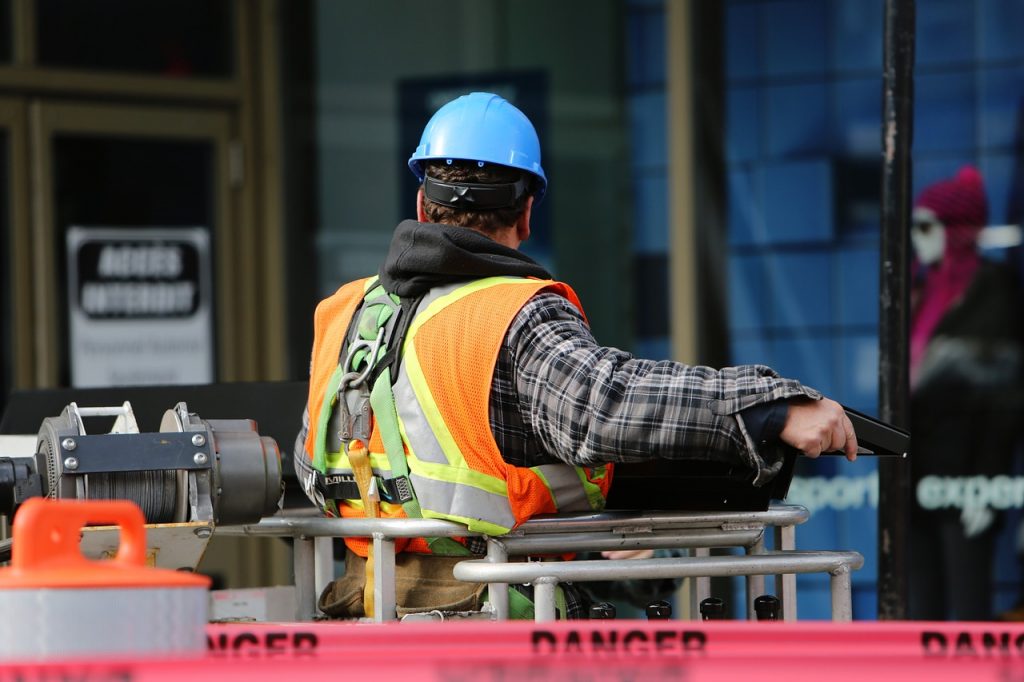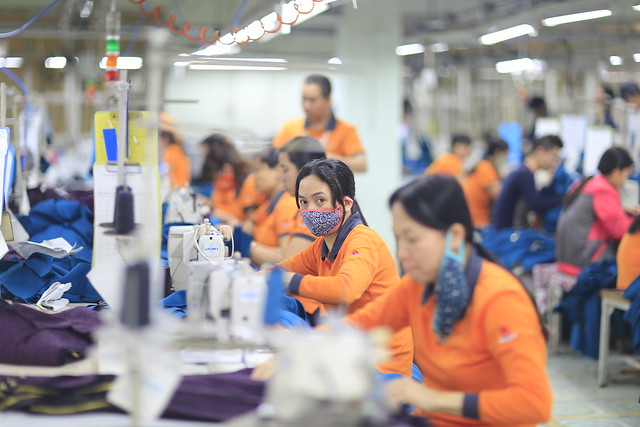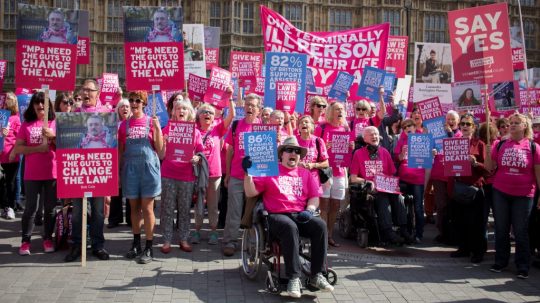The fight to root out all forms of slavery, human trafficking and exploitation within UK businesses is being helped through a new online training scheme.
Ahead of Anti-Slavery Day 2019, the University of Hull’s Wilberforce Institute has launched an online course to assist businesses in eliminating forced labour and exploitation in their supply chains.
Forced labour is the most common form of slavery. 25 million people are trapped in forced labour across the world, with many working in the supply chains that produce our goods and services – from the beauty industry, to hospitality and construction. It’s closer to home than you might think.
Nearly 7,000 potential victims of modern slavery were recorded in the UK in 2018, while many others continue to live in slavery undetected.
“It’s shocking to think that many of us are unwittingly coming into contact with slavery on a daily basis,” said Cristina Talens, director of modern slavery risk assessments at the Wilberforce Institute. “Forced labour is prevalent within the private economy; lying hidden within the complex supply chains that produce many of our household goods and services.”

Image Credit: Pixabay.
The Modern Slavery Act places a legal obligation on large businesses to report on how they are fighting modern slavery in global supply chains. However, its effectiveness has been hampered by a lack of clarity in specifying what should be reported, and a lack of guidance on how to uncover hidden labour exploitation.
Based on research into exploitative labour practices, the Wilberforce Institute’s online training programme is a much-needed guide for spotting and eliminating slavery.
It is hoped that, by completing the course, businesses big and small can develop a better understanding of modern slavery, how it reveals itself in supply chains, and what its human rights implications are.
Modern slavery is intrinsically a human rights issue, as Article 4 of the Human Rights Act prohibits slavery and forced labour.
In many cases, modern slavery also violates other rights, such as the prohibition of inhuman or degrading treatment, the right to privacy, or even the right to education for child labour victims.
The International Labour Organisation adds that all businesses have a moral duty to ensure that the goods and services we buy are not products of modern slavery.
Read more:
- Learn more about the Modern Slavery Act.
- Read more on how respecting human rights is good for businesses.
- Read more on how corporate transparency can advance labour rights.







